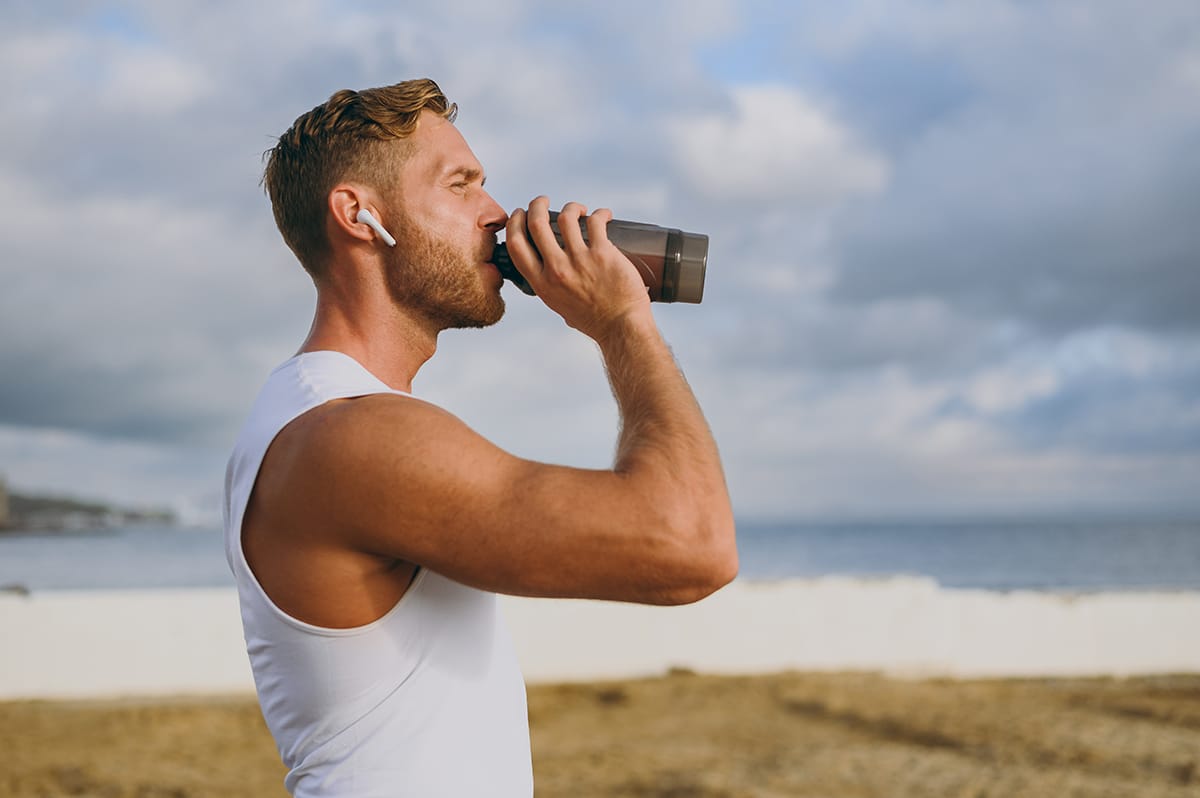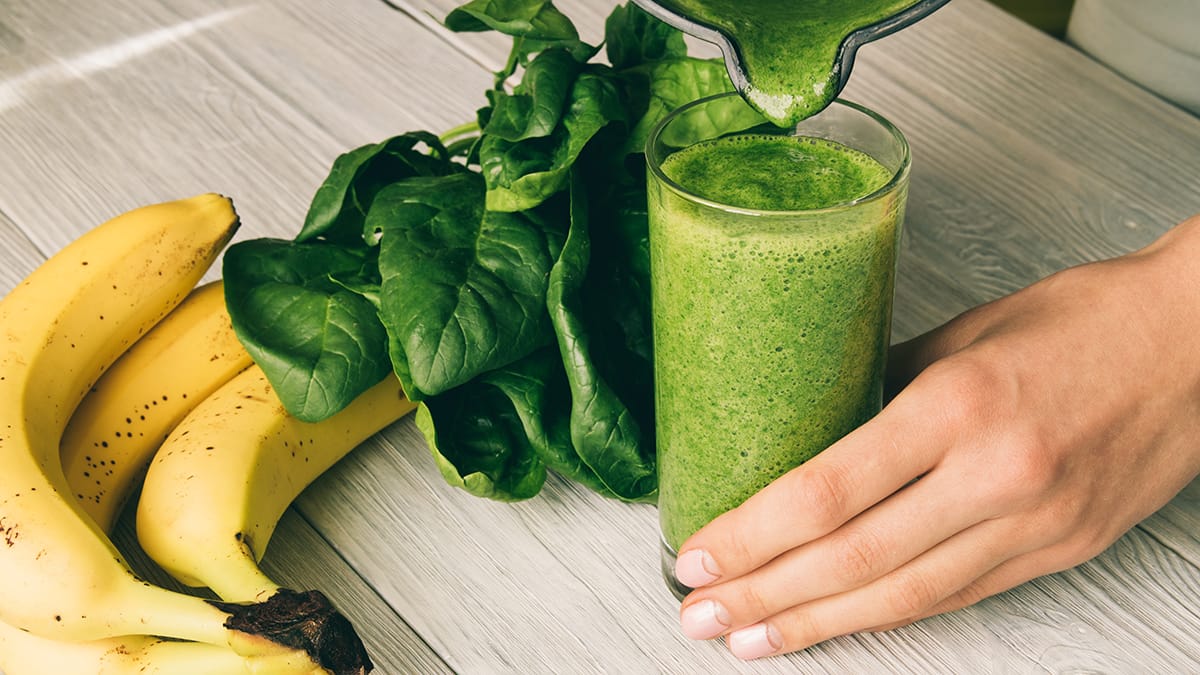What Are Electrolytes, and Why Do We Need Them?

What do long-distance runners, lycra-clad cyclists, HYROX’s “Elite 15” racers, and CrossFit athletes all have in common? It’s not just their hefty sponsorship paychecks, or a love for fluorescent training gear—they all pay equally close attention to their electrolyte intake.
It’s partly why the term ‘electrolytes’ has hit a five-year high (per Google Trends) in 2025, as these essential minerals — no longer a mysterious sports supplement — can now be found in high street health shops and supermarkets just as often as they are in these athletes’ nutrition stacks.
But, what do they do? Simply—electrolytes play a crucial role in maintaining various bodily functions, from regulating hydration to supporting nerve and muscle activity. Despite their importance, many people are unaware of what electrolytes are, how they work, and why they’re so vital to our overall health.
Below, we explore the significance of electrolytes, the reasons we need them, and provide expert insights on how to ensure you’re getting enough (and, crucially, not overdoing it). Whether you’re a weekend warrior or a barbell-wielding fitness zealot, knowing more about electrolytes can make a noticeable difference to your daily nutrition and performance. Let’s crack on and find out more.
What are Electrolytes?
Electrolytes are minerals in the body that carry an electric charge and are essential for a variety of physiological functions. They include sodium, potassium, calcium, magnesium, chloride, bicarbonate, and phosphate to help regulate fluid balance, nerve function, muscle contractions, and pH levels in the blood. Without electrolytes, the body wouldn’t be able to properly transmit signals between cells, maintain hydration, or perform other vital processes necessary for overall health.
“Electrolytes help maintain fluid balance inside and outside body cells,” explains sports nutritionist Paul Garrod (IOPN Dip. SEN). “An imbalance can lead to dehydration, muscle cramps, fatigue, or more serious issues like heart arrhythmias.”
Electrolytes primarily contribute to increased electrolyte loss through sweat, especially sodium, potassium, and magnesium. If not replenished, this can result in imbalances, dehydration, and muscle cramps. “Athletes, especially those doing prolonged or intense activity, should monitor their electrolyte intake to maintain performance and prevent fatigue or cramping,” says Garrod. Drinking water with added electrolytes or consuming sports drinks can help restore this balance.

Natural Sources of Electrolytes
So, how can you top-up your electrolytes on the fly? “Bananas, leafy greens, and dairy products are good food sources of electrolytes,” explains Garrod. “ Eating a balanced diet with a variety of whole foods and drinking water with added electrolytes can be effective. You can also use sports drinks and electrolyte supplements for intense exercise and when it’s hot.”
When Should You Use Electrolytes?
From slogging through punchy long-distance running efforts to dealing with bouts of digestive issues, electrolytes can be deployed in myriad ways. “Intense exercise, hot weather, or illnesses causing vomiting or diarrhea increase the need for electrolytes,” Garrod continues. Even those with “kidney disease or diabetes also require careful management of electrolyte levels,” he says.
As for specific sports, “endurance sports like running, cycling, and long-distance swimming require more attention to electrolyte replenishment mainly due to prolonged sweating over many hours,” says Garrod. “High-intensity activities in hot environments, such as football, can also increase electrolyte loss.”

Signs of Electrolyte Deficiency
When the body experiences an electrolyte imbalance, it can lead to various physical symptoms that require attention. These include muscle cramps, fatigue, dizziness, and irregular heartbeats. “To correct it, you need to increase your intake of electrolyte-rich foods like bananas, leafy greens, or sports drinks,” says Garrod. If symptoms persist, however, consult a health professional for proper treatment.
Electrolytes: The Potential Dangers
Perhaps inevitably, you can fall into the trap of electrolyte overconsumption, which can have several knock-on effects. “Excessive electrolyte consumption can lead to imbalances like hyperkalemia (too much potassium) or hypernatremia (too much sodium),” says Garrod. He continues: “These conditions can cause serious health issues like heart arrhythmias, high blood pressure, or kidney damage.”
As for the intake requirement needed by men and women, both genders “generally have similar electrolyte needs,” says Garrod. “Though, factors like body size, activity level, and hormonal differences can affect individual requirements,” he says.
While electrolytes certainly aren’t a silver bullet for your training and wellness goals, they could contribute to a more well-rounded approach to your nutrition. However, your body is already well-versed in keeping your electrolytes at a certain level through regular nutrition—when external influences including temperature and exercise intensity come into play, it could be time to give your electrolyte levels a jolt. No fluro gym wear necessary.


















